‘Think European – Act local’: Three EU Presidencies, six cities and many ideas for climate action
by Anselm Bareis und Oliver Hölcke, GIZ/EUKI
Just in time for the start of the German Council of the European Union Presidency, the EUKI project ‘Three4Climate’ is picking up speed. It connects the German with the subsequent presidencies of Portugal and Slovenia and the expectations for the trio presidency could hardly be higher. While plans and strategies for a European economic recovery dominate the current debate in Brussels, the trio presidency has originally committed itself to prioritize climate in the respective programs. The new EUKI project Three 4 Climate aims to translate this spirit into cooperation at all levels of governance. Guidehouse, adelphi and the Independent Insitute for Environmental issues (UfU) implement the project together with the local partners Institute of Social Sciences – Faculty of Sciences University of Lisbon and the Energy Agency of Podravje (Energap). Regarding the participation in the project, each partner city in Slovenia, Portugal and Germany has its very own expectations and planned climate action measures:
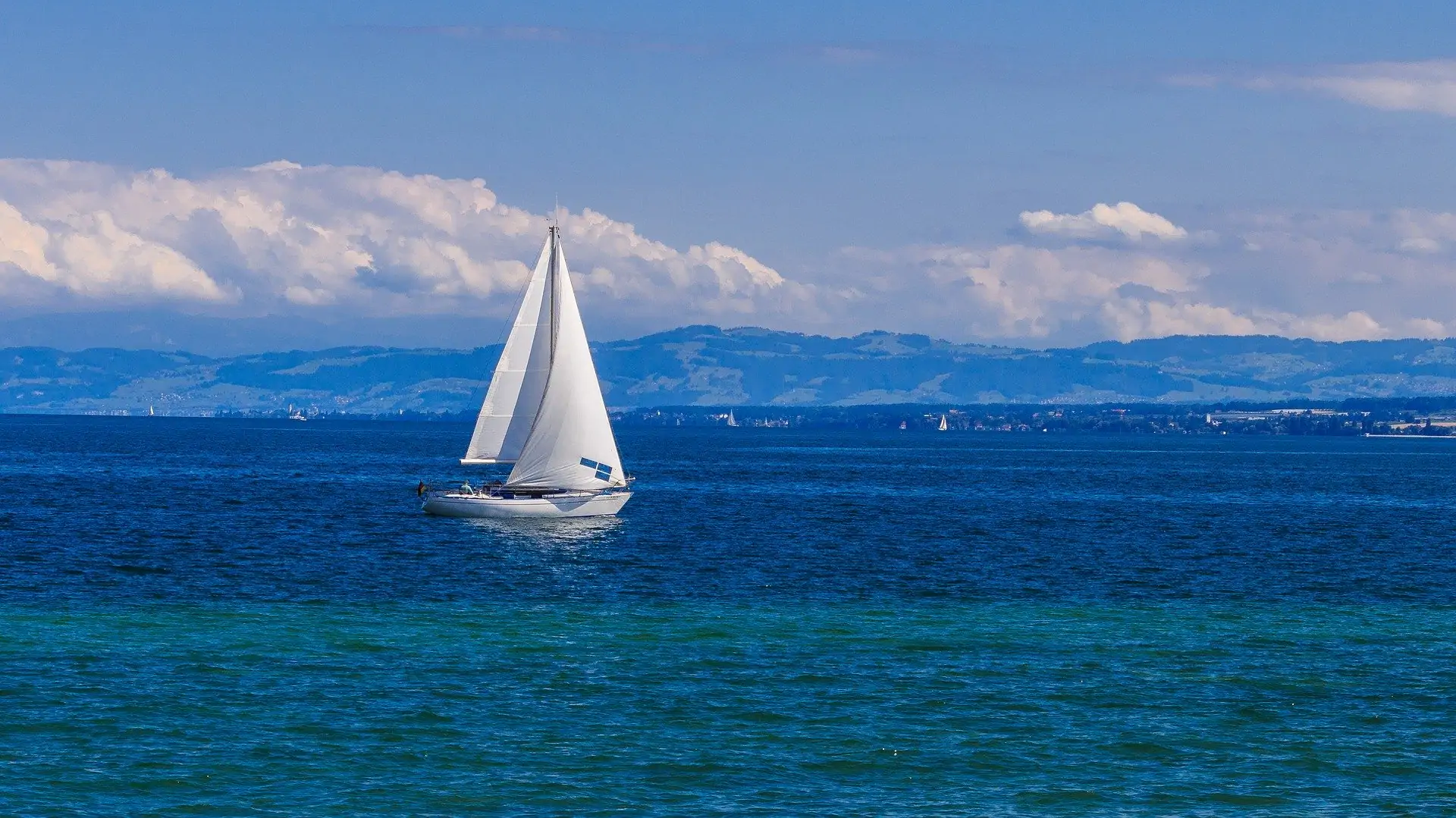
The Slovenian municipalities Maribor and Kranj invest in ‘smart mobility’
‘From our participation in the Three4Climate project, we expect to share the ideas with other cities and exchange with the ministerial and the EU level on local climate action’ says Gordana Kolesarič, the project leader from Maribor.
Almost a decade ago, the municipality has launched the ‘Smart City Initiative’ in order to activate a sustainable city environment and pursue innovation by supporting the development of ideas and practical solutions which help to improve ‘the life of a city’. With the ‘Kolesodvor’, Maribor was the first municipality in Slovenia to arrange a special bicycle storage area in front of the central station. The ‘bike and ride’ project is one of the nine ‘smart mobility’ projects that have already been supported since 2010. Marko Hočevar from the other participating Slovenian city Kranj hopes ‘that the two cities are becoming shining examples for smart mobility and can contribute to the progress in this field by sharing experiences, ideas and their implemented projects.’
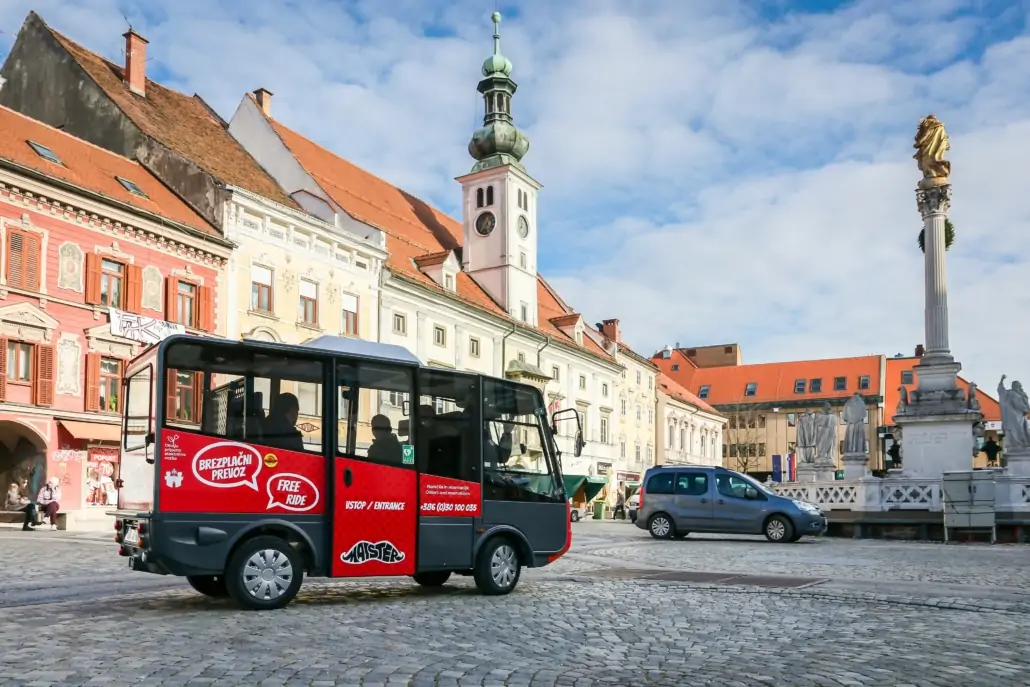
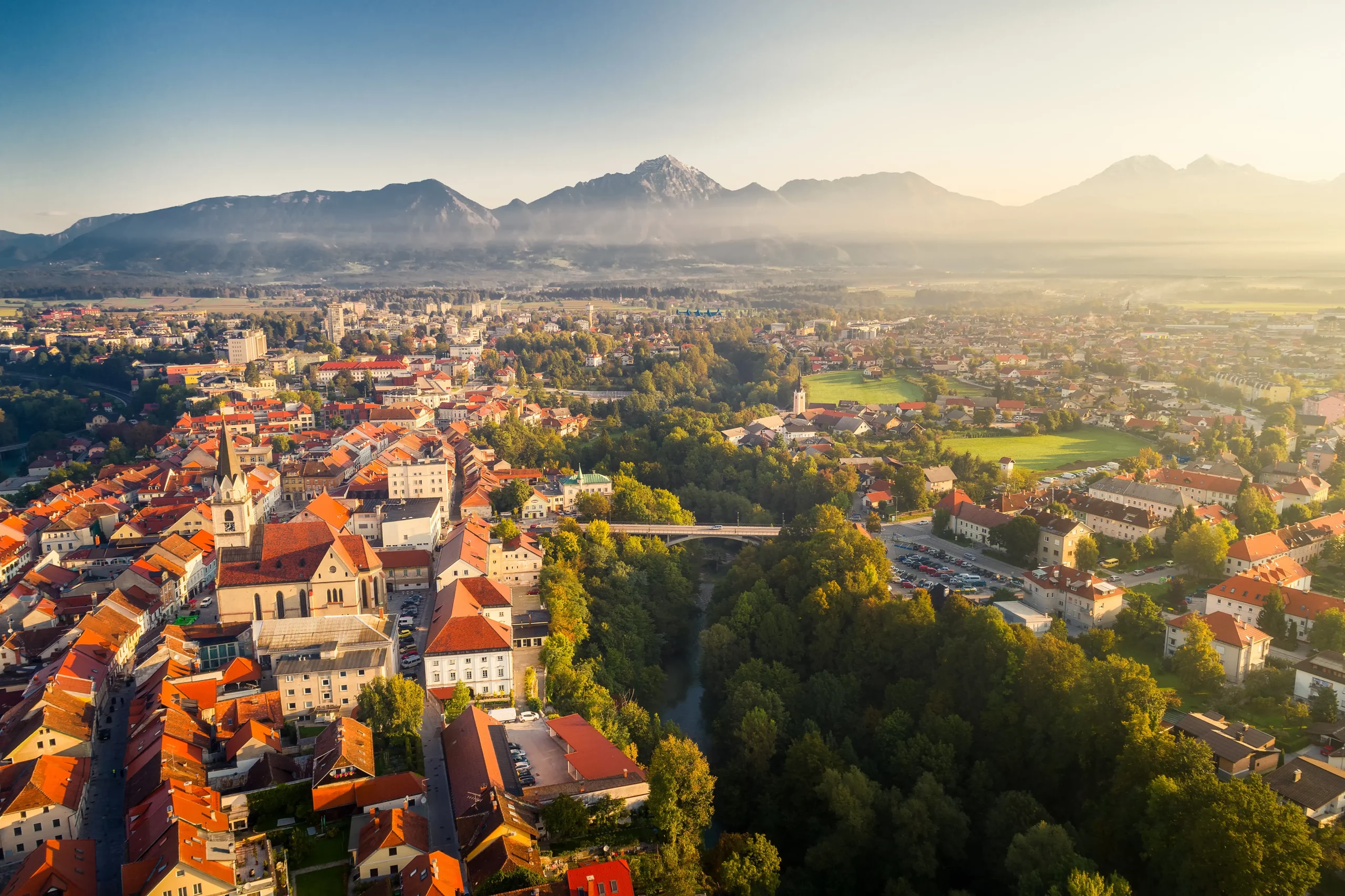
The Portuguese cities Braga and Loulé foster community engagement
Ana Cristina Costa, who is an environmental Technician and working for the Portuguese municipality Braga, has similar expectations: ‘From our participation in the Three4Climate project, we expect to learn and share with other municipalities and schools and influence European policy.’
In order to so, the city has planned various interactive activities, as the Escola Mais Verde (The Greenest School) contest or the project Oxigenar Braga (Clean air for Braga). In these projects, school kids, families, associations and other parts of the local community shall be activated to make the city greener and to encourage the spirit of citizenship, entrepreneurship and environmental sensitivity. For example, ‘by creating sustainable vegetable gardens and making citizens familiar with the concept of the circular economy’, says Ana Cristina Costa. ‘We hope to make them appreciate green public spaces, actively participate in the community life, eat properly and develop a healthy taste for nature.’
Loulé, the second Portuguese partner city of Three4Climate, focuses on the incorporation of renewables in municipality buildings as local schools. With the project ’School Energy Community’, the municipality likewise tries to foster civic engagement for climate action in Portugal.
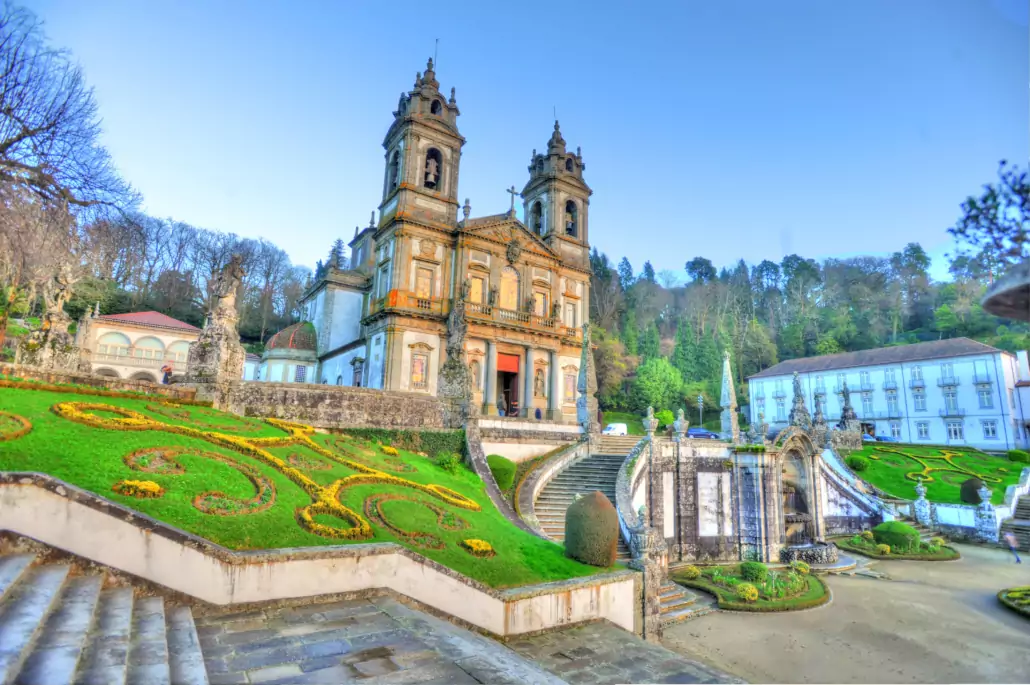
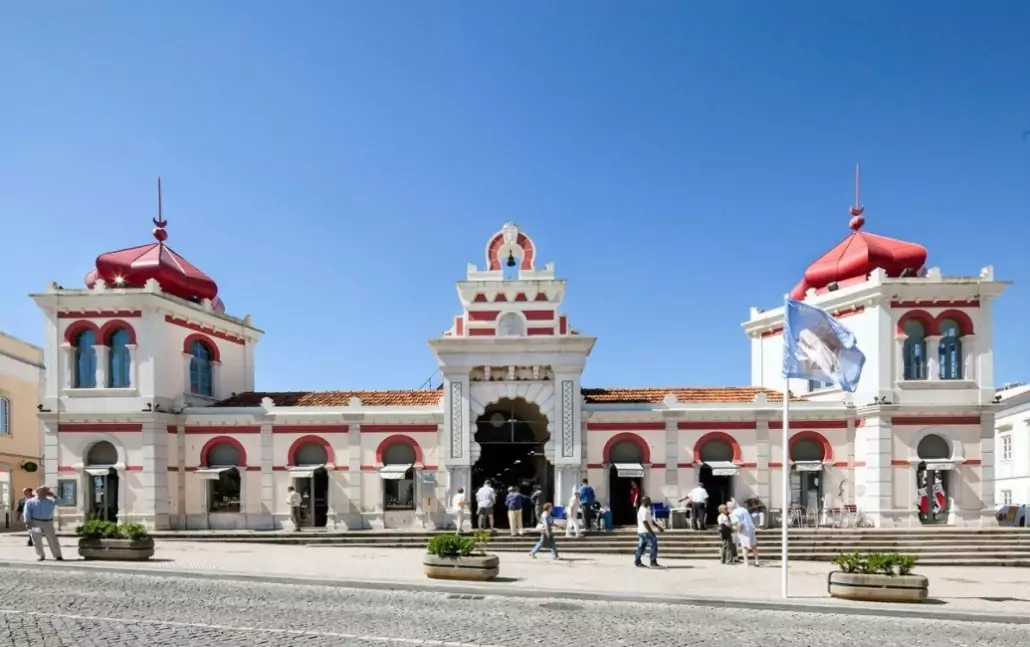
The German participants Bielefeld and Radolfzell lower their emissions
Olaf Lewald, Head of the Office for Mobility and Commissioner for European Affairs at the municipality Bielefeld, expects ‘a transnational exchange on sustainable urban development and climate action on the local and the EU level’ from the city’s participation at Three4 Climate. In his municipality, the focus is laid on the reduction of emissions in the city center, as Bielefeld aims to make a change toward ‘less car traffic, more walking, more cycling’ and in result: ‘more space for the people’. The goals of the ‘Low Emission City Center’ project, which is the cornerstone of the city’s climate action strategy, shall be achieved by different measures. As an example, the city pushes for innovative last mile logistics in the center of Bielefeld, where the more sustainable and space-saving cargo bikes are planned to be the first choice amongst the used delivery vehicles.
The second German project partner city is Radolfzell on sunny Lake Constance. The municipality set itself an ambitious goal of reducing energy consumption to 2000 watts per inhabitant in the coming years. The nationwide average in Germany is three times as high: at around 6000 watts per capita.
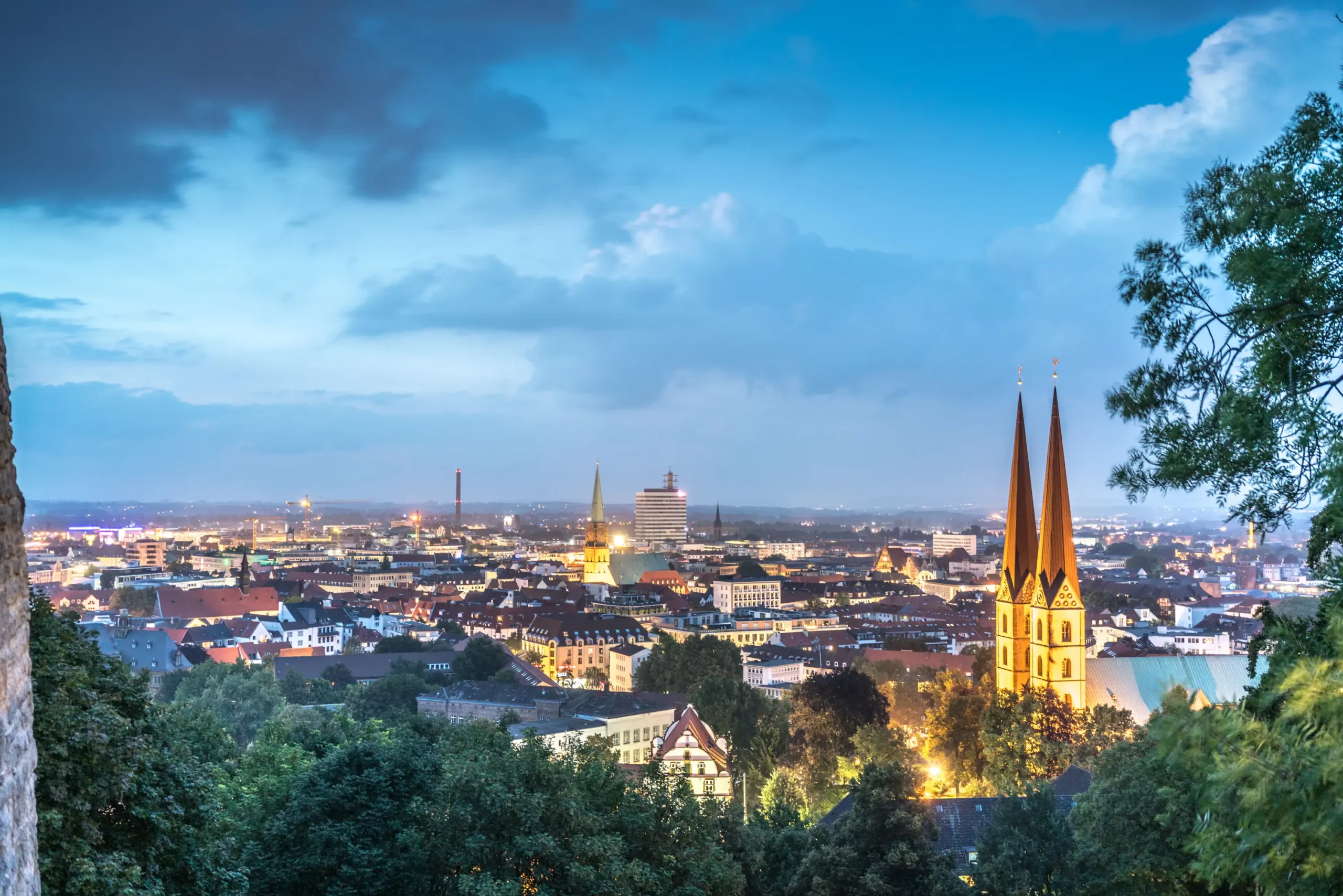

Wie es weiter geht
Die Kommunen und teilnehmenden Schulen haben Anfang Juni in einem virtuellen Kick-off-Workshop bereits ihre Erfahrungen, Pläne und Ideen für die kommenden anderthalb Jahre ausgetauscht. Der zweite große Schritt für Three4Climate war die offizielle Auftaktveranstaltung mit Beteiligung vom Bundesumweltministerium (BMU) und der jeweiligen Staatssekretäre, Bürgermeister und Schulleitern. Dabei trafen sich die Akteure aller politischen Ebenen erstmals virtuell und tauschten sich über ihre Erwartungen und geplanten Klimaschutzmaßnahmen aus.
Für die kommenden eineinhalb Jahre plant das Projekt viele weitere partizipative Aktivitäten. Dazu gehören Studienreisen in die anderen Partnerstädte für Gemeindemitarbeiter, Austauschbesuche von Lehrern und ein Wettbewerb für Schüler mit der Möglichkeit, als Preis eine Zugfahrt in die anderen Trio-Länder zu gewinnen.
